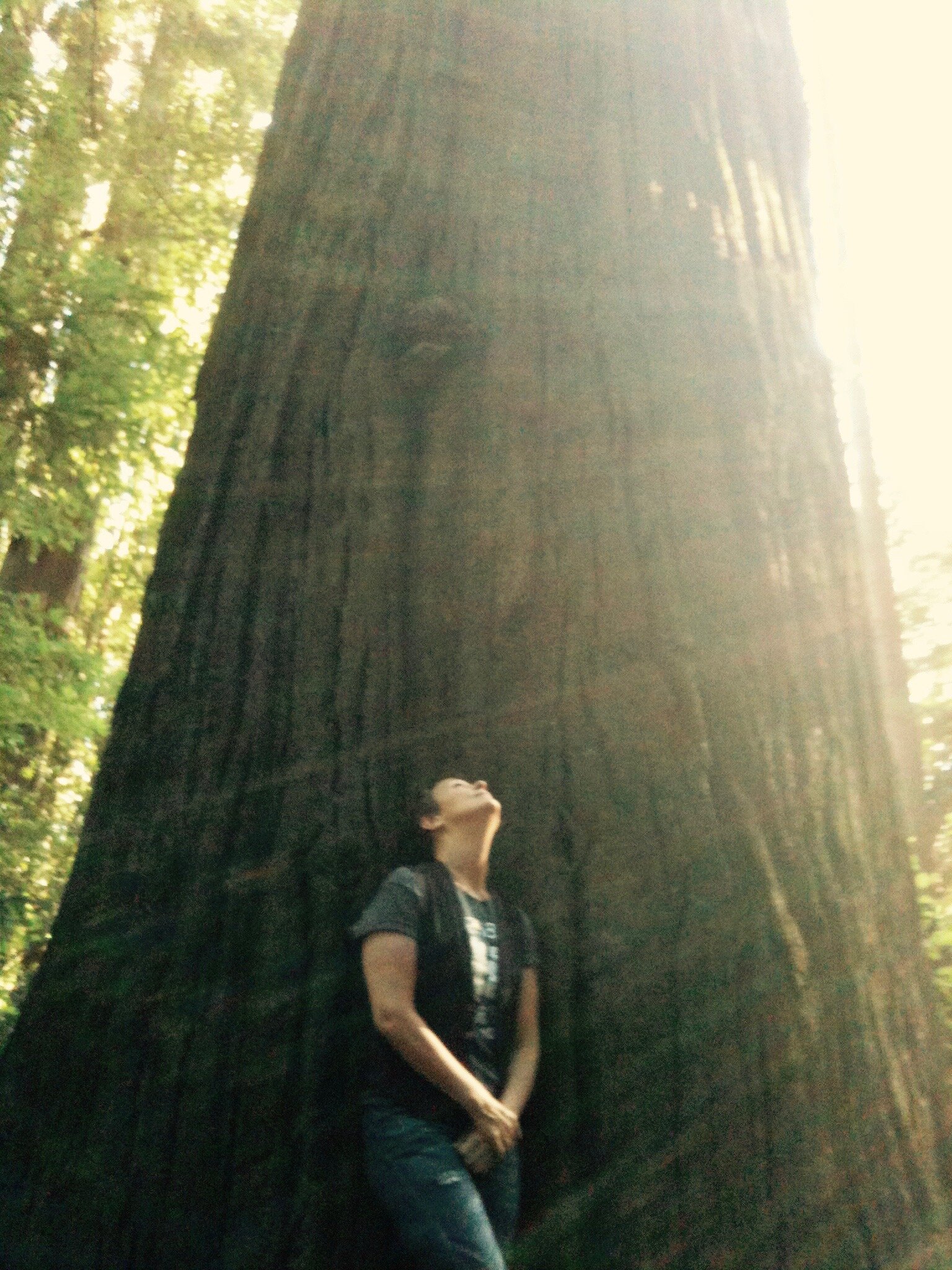Mary’s Mercy Missives Issue #2: Grief
Dear Mary,
My best mate sadly passed away this year. When grieving and feeling lost, how do I find that crucial emotional headspace to write a song? I used to have lots of resilience, but these days it seems to be slipping away.
- HB
London, England
Dear HB,
First of all, I am sorry to hear that your friend passed. I, too, am dealing with the sudden loss of a close friend. I’m in shock and I miss her every single day. When I found out about my friend’s death, I dropped into the land of disbelief; a place where what happened was so far from what I ever imagined would happen that I couldn’t make myself believe it. Of course, I know the truth. My friend is gone and it cannot be undone. That said, I still can’t make myself believe it or even accept it. Not yet. There is a gap.
So precious is the time we spend together, so temporary. We humans know we are going to die. We know our loved one’s will die too. Most of us cope with this knowledge by trying to forget about it, or better yet, deny it. It makes life less terrifying. On a moment to moment basis, it would be difficult to live any other way.
You ask, “How do I find that crucial emotional headspace to write?” How does one get to the heart of things and turn feelings into words?”
These are big questions - How do I write when I don’t know what to say? How do I sing when I know my voice will be drenched in grief?
Songwriters (like most artists) are often told that their art should be uplifting, that our creations should make people happy. These voices proclaim, “No more razor blade songs! Play something happy!” This request seems innocent, but it can have an injurious effect on an artist’s willingness to share their truth. It can scare them into silence. I sometimes think that underneath the demand for constant upbeat happy-clappy tunes, there is a longing to escape reality. Escape grief, struggle, sorrow, heartbreak, death. If the happy-clappy people had their way, they’d turn all us songwriters into human antidepressants, insisting we use our music to change brain chemistry in order to suppress, alter, and rearrange human sorrow!
That said, if happy music works to bring brief relief to those who are suffering, I am all for it. There is a huge market for exactly this sort of thing, but it can go too far and result in the Disney-fication of music, the creation of a fake world where all is well all of the time.
This is not the world I live in, and it is not the kind of songwriter I am. I see songwriting as a mechanism best used to show true human emotion and convey honest human experience. It’s a vessel for asking questions more than answering them, a place for observations more than conclusions. My approach to songwriting doesn’t change when I’m grieving. I allow my feelings to be what they are, and when I have the strength, I try to find a chord progression and melody to match them. Next, I search for words to illuminate the way I feel. If a blow is mighty and my world is forever altered, it could take me months to get back to my writing desk. However, I will get back there when I am ready and able. I know I will because songwriting isn’t just something I do, it’s something I am.
You mention resilience. Resilience can be thought of as someone’s ability to return to their original state after being shattered. Another definition is the ability to adjust to or recover from illness, adversity, or major life changes. Neither of these definitions is satisfactory. As a songwriter, I see resilience as the willingness to try and write the truth as I experience it, no matter what that truth might be. Writing about life’s struggles is the way I make sense of how they have shaped me, changed me, and created the person I currently am. Resilience and courage have a lot in common.
The poet Bohemian-Austrian poet Rilke believed that language is not a tool to tell us where it hurts or how bad it hurts, but rather to build something out of the pain. I see songwriting exactly the same way. When a song does what it’s supposed to do, it isn’t simply a mirror representation of hurt. The song is a tool for alchemy, a mechanism for some kind of transformation, a personal experience made into a shared experience. Songs have the power to turn the I into a we. Does this heal everything and take away the pain? No. But it does help in ways that amaze me and lets others know that they are not alone. Songs connects us to each other's hearts in mysterious ways.
I do not know what death means. I do not know where souls come from or where they are headed. I believe we come from somewhere and are going somewhere, but no matter how much I try, I can’t conceive of where. I have a sense that we are in an eternal circle, that we somehow go around and around. I wrote a song about this many years ago called “The Wheel Inside the Wheel.”
To answer your question about writing while grieving, my answer is this: All I really know right now is that like you, I deeply miss my friend. I believe you will write about your loss when you are ready to bring yourself to the writing desk, and so will I. Once we get there, the hope is to write our truth, knowing that truth is what matters. I wish you courage, because it will most certainly require plenty.
- Mary

